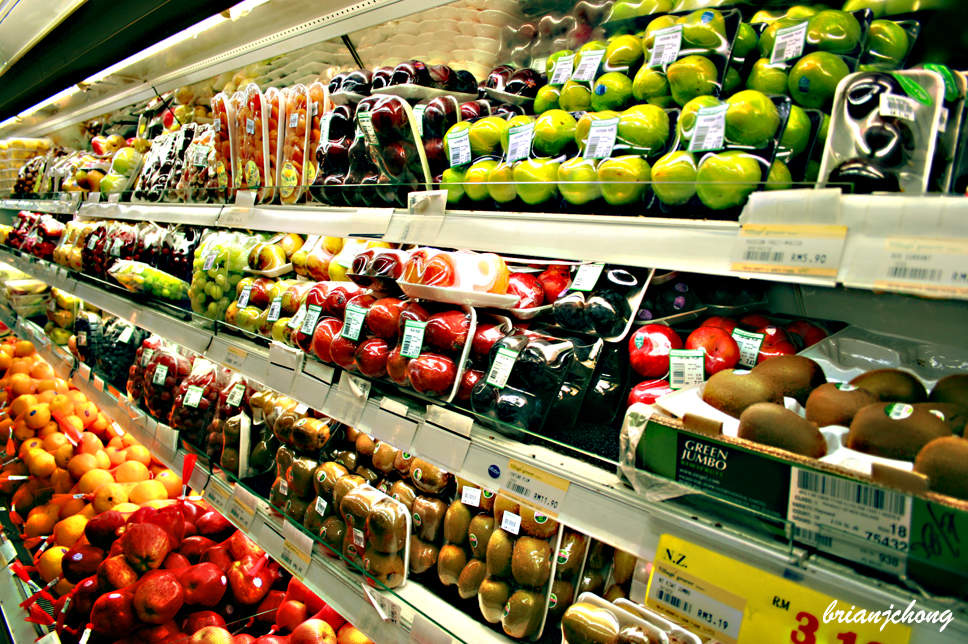
British Prime Minister Theresa May has urged supermarkets to start selling its fruit and vegetable produce without any plastic packaging.
In a speech on Thursday May outlined her strategies to tackle the issue of excess plastic waste as part of a 25-year Environmental Plan that aims to eliminate all avoidable plastic bags by 2042.

Discover B2B Marketing That Performs
Combine business intelligence and editorial excellence to reach engaged professionals across 36 leading media platforms.
According to her speech, the Government intends to invest part of its £7 billion research and development fund into plastics innovation.
May explained that she is also planning to come up with new tax charges in order to reduce waste and financially promote the teaching of environmental issues in schools.
Among the proposed solutions to reduce excess plastic waste is the introduction of plastic-free aisles in supermarkets where consumers can buy loose food.
The speech came only days after the Government announced its intention to extend the 5p levy on single-use plastic bags to small retailers in England.

US Tariffs are shifting - will you react or anticipate?
Don’t let policy changes catch you off guard. Stay proactive with real-time data and expert analysis.
By GlobalDataWith a view to safeguard the oceans, the Prime Minister also recently approved a ban on the use of microbeads in the manufacture of personal care and cosmetic products.
She said: “In the UK alone, the amount of single-use plastic wasted every year would fill 1,000 Royal Albert Halls. This truly is one of the great environmental scourges of our time.”
The PM claimed that her plans for the sustainable development of oceans will also be included on the agenda during the Commonwealth Heads of Government Meeting taking place next April. She said: “We look back in horror at some of the damage done to our environment in the past and wonder how anyone could have thought that, for example, dumping toxic chemicals, untreated, into rivers was ever the right thing to do.”
She also added: “We must reduce the demand for plastic, reduce the number of plastics in circulation and improve our recycling rates. To tackle it we will take action at every stage of the production and consumption of plastic.
“I want the Britain of the future to be a truly Global Britain, which is a force for good in the world.”
May is not the only one who appears to be disappointed with the industry. During the past few days consumers have taken to social media sites such as Twitter to hit out at British supermarket chain Marks and Spencer (M&S) for using excess plastic on some of their fruit and vegetable products.
Customers were particularly frustrated with the brand’s cauliflower ‘steaks’, which, a user pointed out, are simple £2.50-worth slices of cauliflower sold in expensive packaging.
Several social media users joined the discussion and urged M&S to reconsider their packaging policies, saying that the supermarket itself sells entire cauliflowers for less than £1.
The food chain took immediate action to resolve the issue and stopped the production of the cauliflower ‘steaks’.
An M&S spokesperson said: “Once we’ve sold the stock that is currently in stores, we won’t be ordering any more of this product.
“We work hard to create quick and convenient meals for customers; however, on this occasion we didn’t get it right.”



